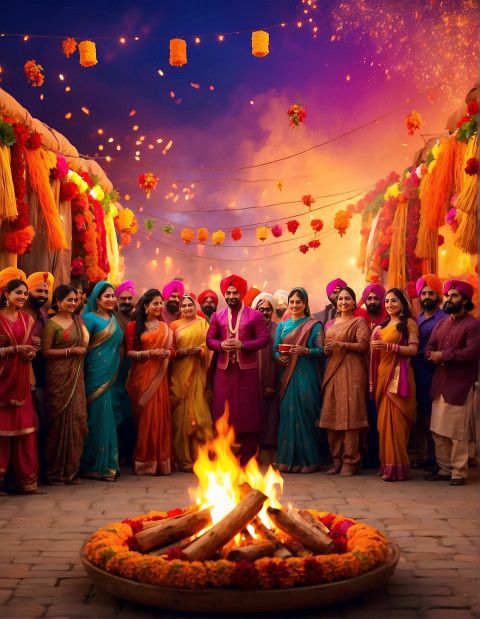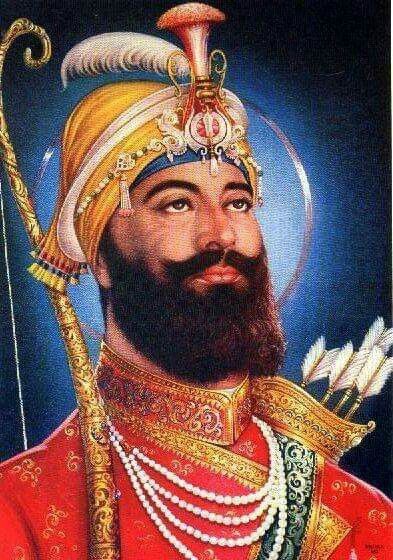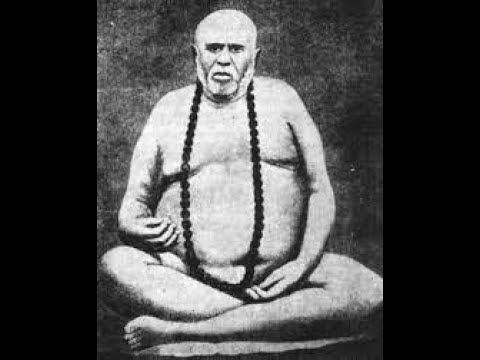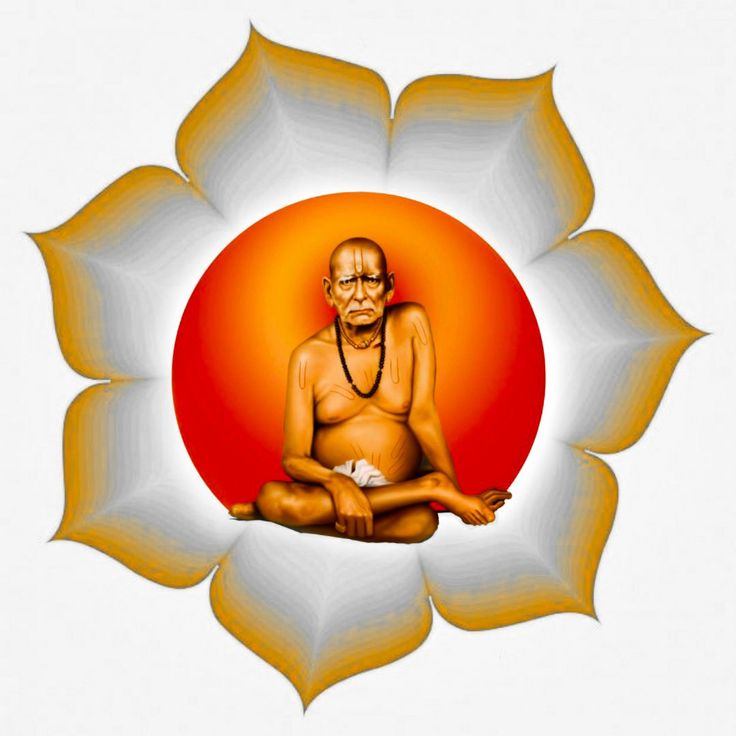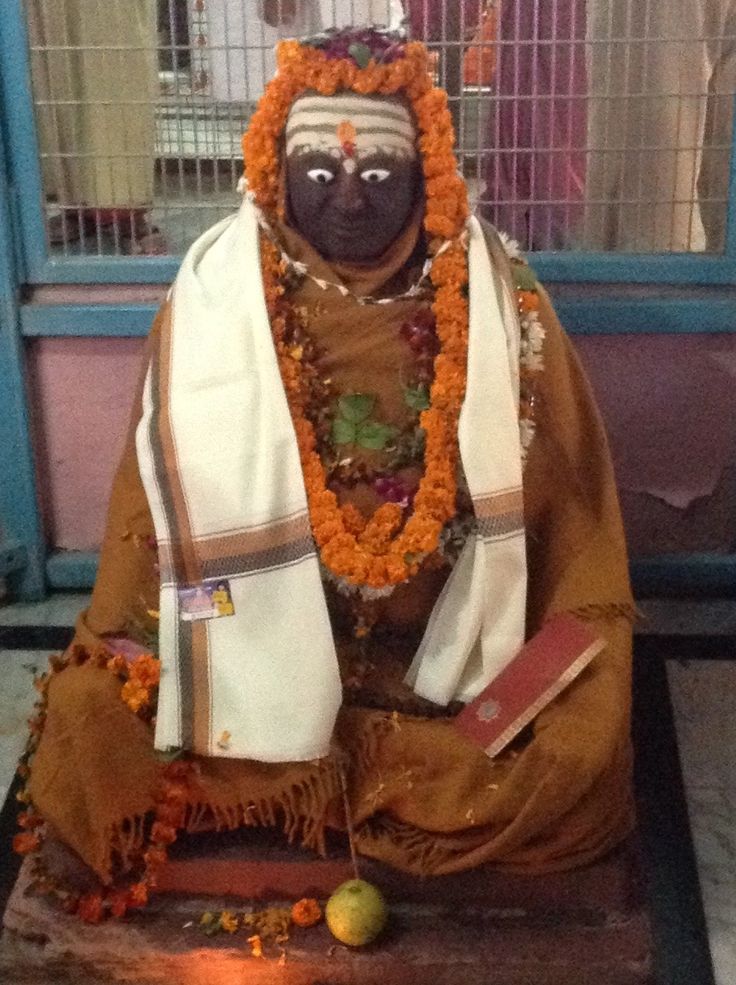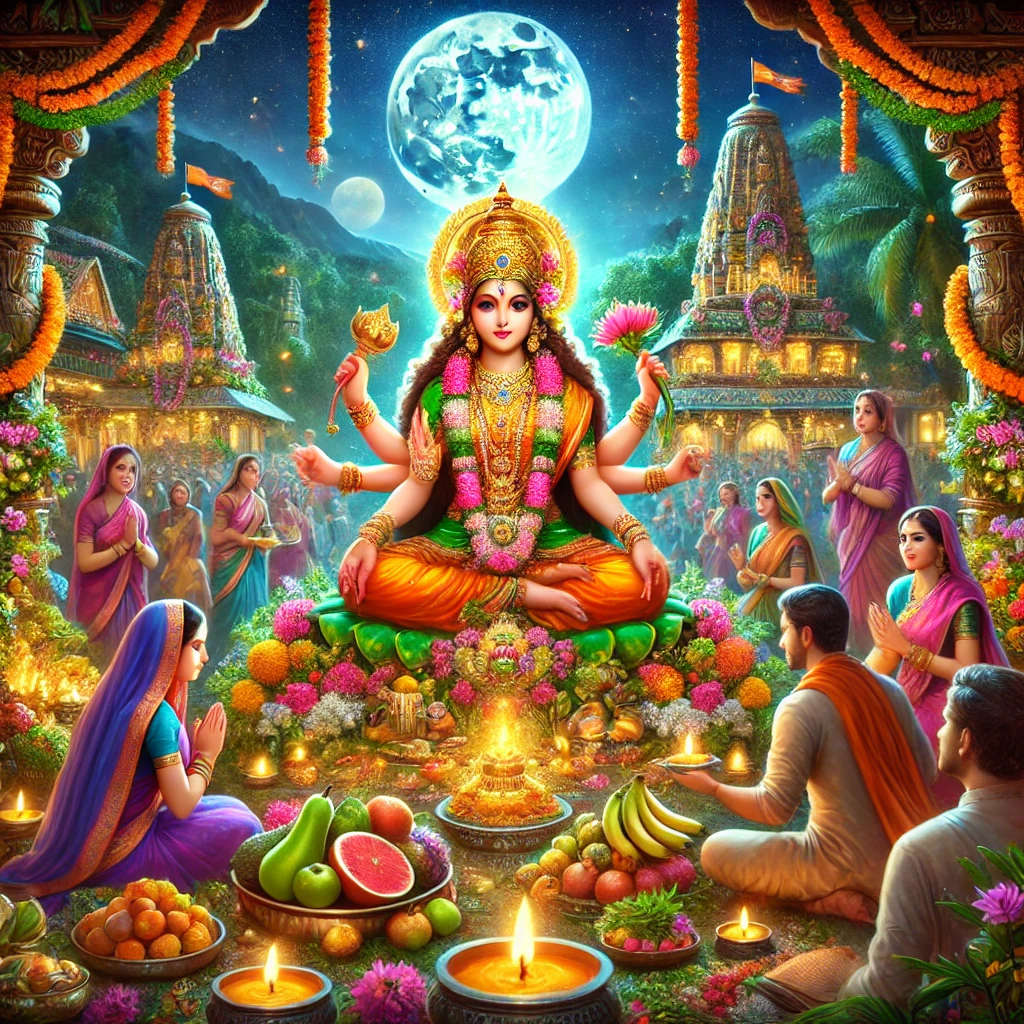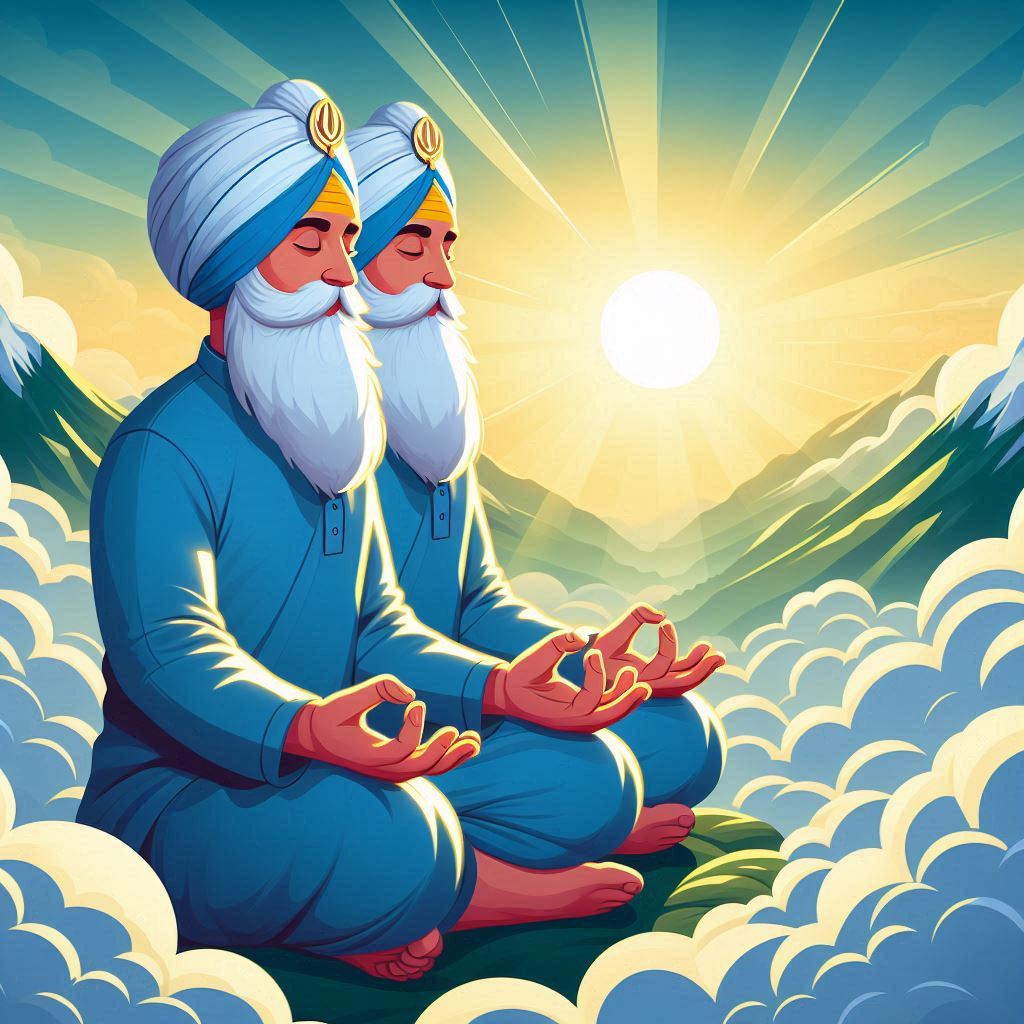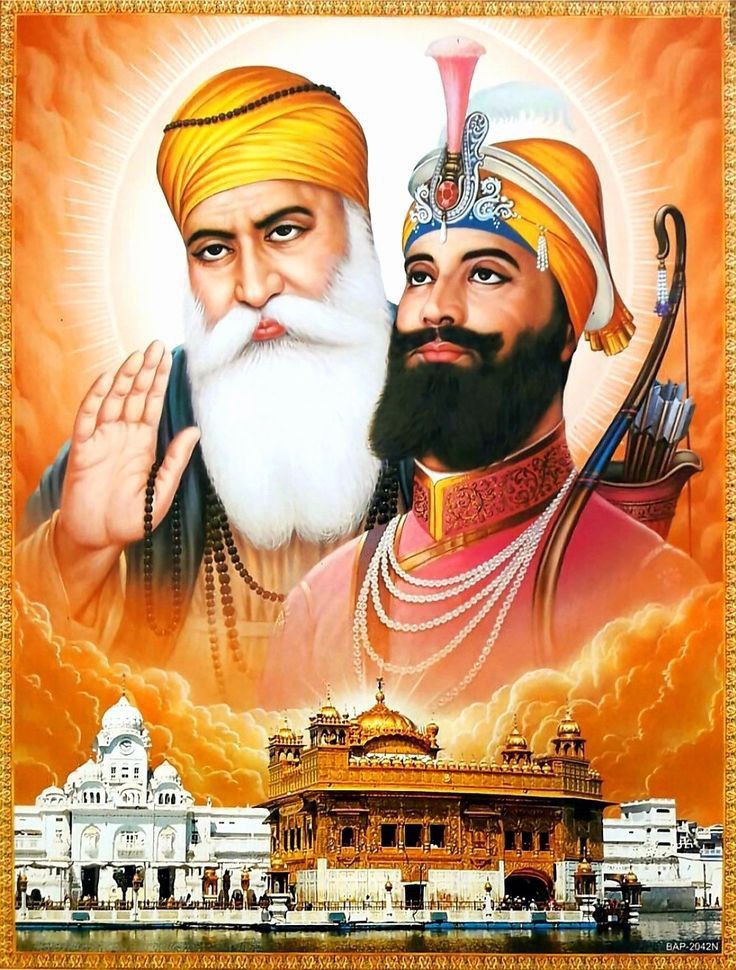Lohri: A Festival of Warmth, Joy, and Tradition
Introduction
Celebrated extensively in the northern Indian states of Punjab, Haryana, and Himachal Pradesh, Lohri is This celebrations the Rabi agricultural output and marks the end of winter. It is celebrated quite passionately every year on January 13. To show thanks for a good harvest and to honor the natural elements, Lohri is a celebration of family events including the lighting of bonfires, the singing of folk songs, the dancing, and the honoring of natural elements. It also relates to Punjabi legendary hero Dulla Bhatti’s stories.
Examining its history, cultural relevance, contemporary celebrations, and relevance in the framework of all months of 2025, this essay will explore the core of Lohri as we explore The festival’s ageless appeal stems from its ability to bring people together in honor of human resiliency and the gifts of nature.
The Origins of Lohri
The roots of Lohri are really deep in India’s agricultural community. The holiday has always been seen to coincide with the winter solstice and represent the change to longer days. Lohri is seen as thanking the Sun God (Surya) for the return of warmth and thereby ensuring a good agricultural season.
One well-known mythology connected with Lohri is Dulla Bhatti, a man evocative of Robin Hood living in the Mughal age. His celebration stems from his bravery and compassion in shielding young women from exploitation and helping underprivileged communities. Many Lohri songs feature his valiant deeds; the most well-known one is ” Sundar Mundriye.”
The Significance of Lohri in Rural Life
Lohri finds strong roots in northern India’s agricultural way of life. One notes this when crops including wheat, sugarcane, and others get ready for harvest. The celebration reflects wealth since it brings families together to honor the outcomes of their hard work. The burning of the bonfire represents the celebration of fresh starts and the ban of negativity.
Celebrations and Rituals
The celebration of Lohri is a colorful and lively affair. The main elements of the festival include:
1. Lighting the Bonfire
The bonfire is the centerpiece of Lohri festivities. People gather around the fire, offer food items such as sesame seeds, jaggery, and peanuts, and pray for prosperity. The warmth of the fire represents hope and the end of harsh winter.
2. Folk Songs and Dances
Folk songs and dances like Bhangra and Gidda are intrinsic to Lohri. The vibrant music and rhythmic movements reflect the joy and energy of the festival. Songs dedicated to Dulla Bhatti and harvest-related themes add a traditional touch.
3. Traditional Food
Lohri celebrations are incomplete without a feast. Dishes like makki di roti (cornbread) and sarson da saag (mustard greens) are popular. Sweets made from sesame and jaggery, such as til laddoos and gajak, are distributed among family and friends.
4. Exchanging Gifts
In many households, Lohri is an occasion for exchanging gifts, especially for newlyweds and newborns. It is considered auspicious to celebrate such milestones during this festive season.
Lohri in the Context of 2025
Although Lohri is traditionally celebrated on January 13, its spirit resonates throughout the year as a reminder of gratitude and unity. Here’s how the essence of Lohri can be reflected in 2025:
- January 2025: On January 13, 2025, Lohri will be celebrated with the same enthusiasm as always. Families will gather around bonfires, enjoying traditional foods and music, bidding farewell to the winter season.
- February 2025: In the month of February, the spirit of Lohri lingers as farmers begin preparing their fields for the next planting season. The festival inspires communities to continue honoring their connection to the earth.
- March 2025: As spring arrives, the harvest season transitions to new crops. The gratitude expressed during Lohri is carried forward into Holi, another festival celebrating nature and abundance, on March 24, 2025.
- April 2025: April brings the festival of Baisakhi on April 14, 2025, which aligns with Lohri in its celebration of harvest and prosperity. It serves as a reminder of the continuity of agricultural cycles.
- May 2025: The warmth of summer echoes the bonfires of Lohri, symbolizing the enduring energy and strength that the festival instills in communities.
- June to August 2025: The monsoon season between June and August brings new life to the fields, reinforcing the themes of renewal and abundance celebrated during Lohri.
- September 2025: In September, farmers start preparing for the Rabi crop sowing season, once again connecting to the gratitude shown during Lohri for successful harvests.
- October to December 2025: As the year ends, festivals like Diwali (November 14, 2025) and Christmas (December 25, 2025) reflect the communal spirit and joy that Lohri inspires.
Modern-Day Significance
Unlike a merely agricultural celebration, Lohri has evolved into a cultural event in cities. It has become a time for family celebrations, re-connecting with one’s roots, and social events. Urban areas see a lot of Lohri celebrations when people come to honor their customs even though they live far off from their own countries.
The celebration also provides a venue for raising environmental consciousness. Many towns have adopted environmentally friendly policies including encouragement of tree planting and the use of biodegradable materials for bonfires.
Conclusion
Lohri is more than just a party; it’s an honoring of life, environment, and community. Its practices and ceremonies act as a reminder of the need of unity, thankfulness, and resilience itself. The first celebration of the year, Lohri creates a good mood that inspires people to welcome wealth and hope.
As families gather to celebrate Lohri on January 13 2025, families will not only honor centuries-old customs but also create fresh memories, so linking the past and the present. The bonfires of Lohri will continue to light the hearts and homes of millions, spreading warmth and joy in a society too often yearns for unity and festivity.
Buy My Spiritual books – Click Here
#lohri #lohari #happy #lohri #happylohri
